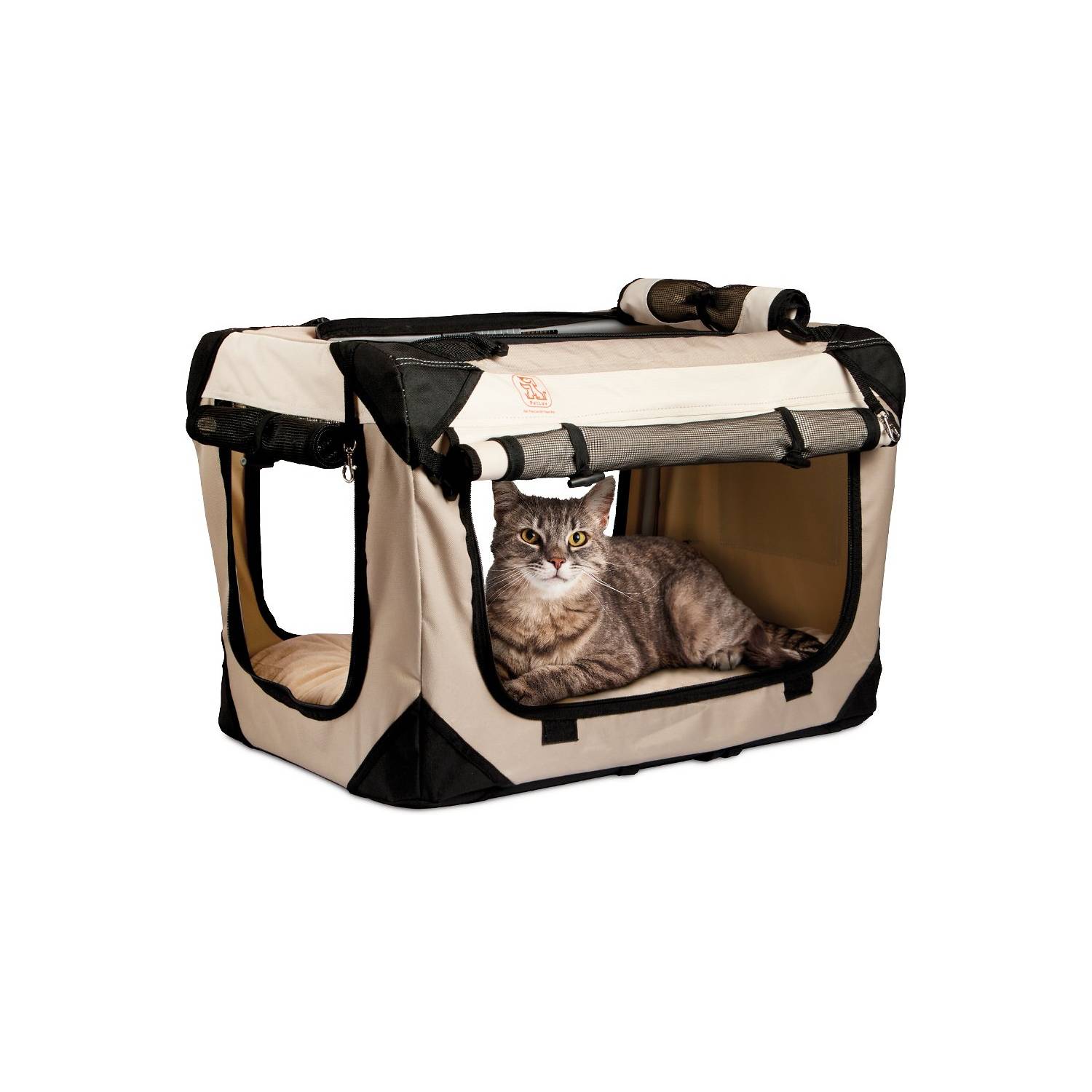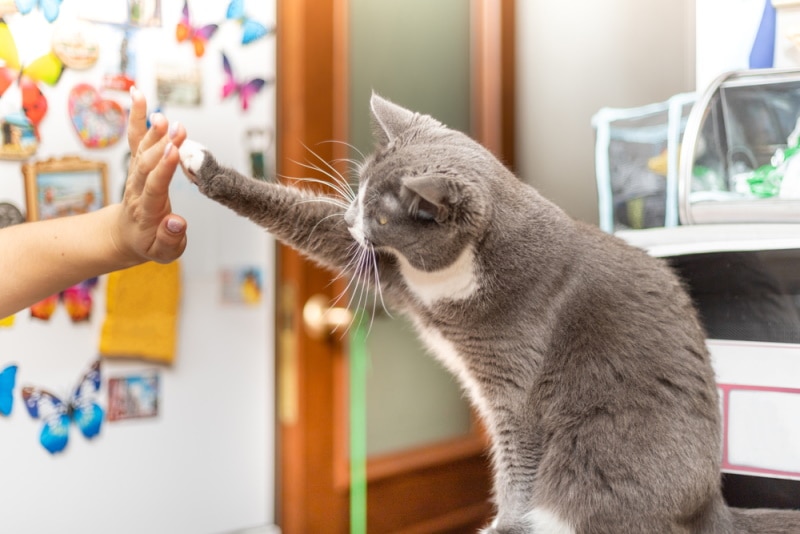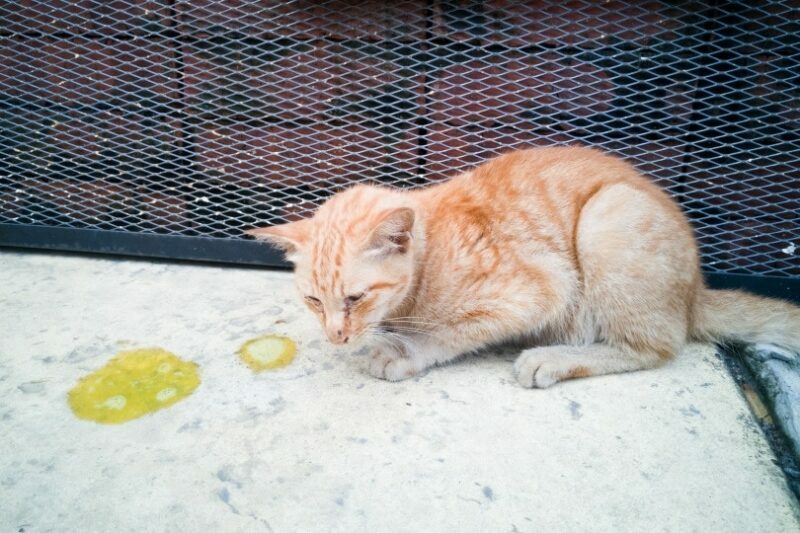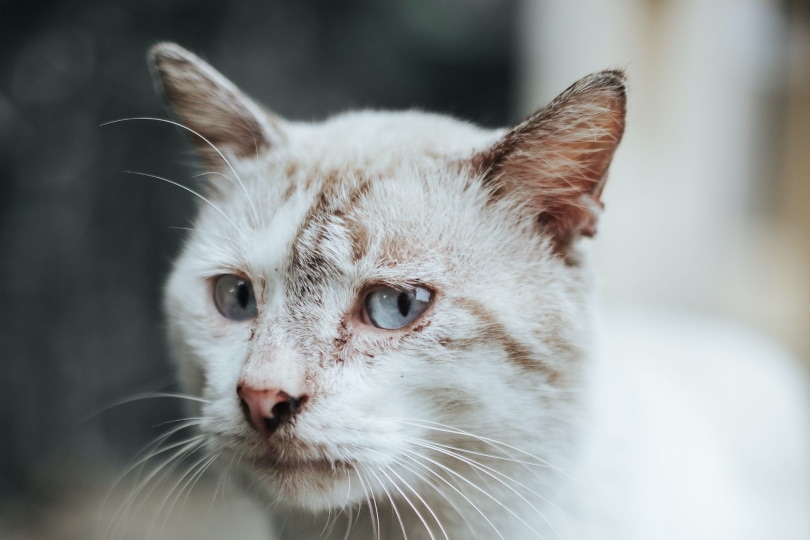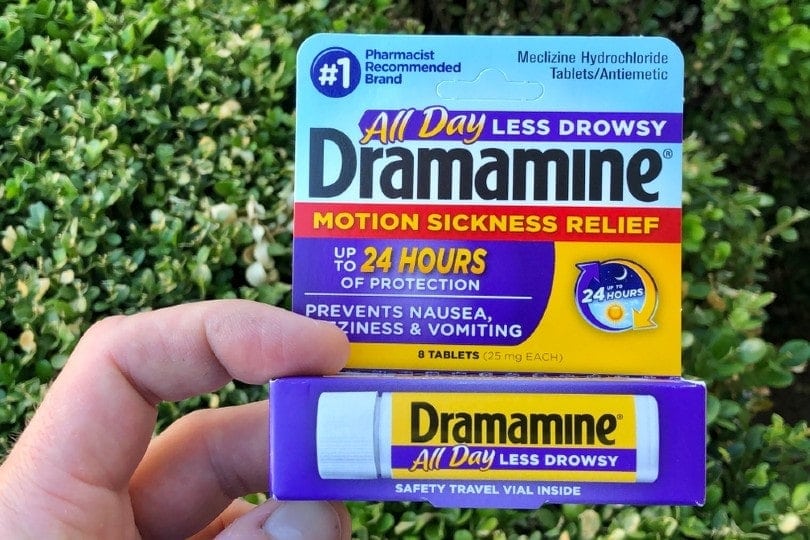My Cat Killed a Rat! 5 Tips on What to Do Next
Updated on
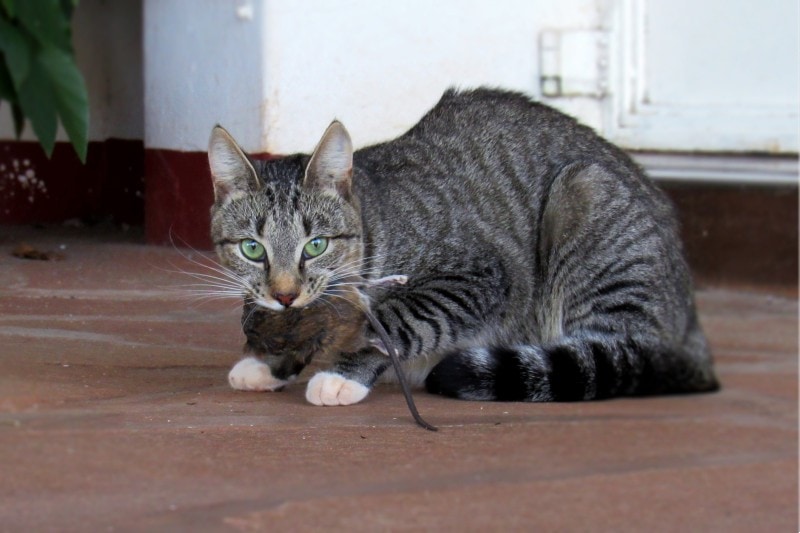
Rats can be a huge nuisance, especially if they get in your home or other buildings, like garages, sheds, and barns. It can be difficult to get the rat population under control, but housecats are often very willing to help out.
If your cat isn’t a barn cat, then this can be shocking and upsetting, not to mention leaving you with concerns. Rats are often considered to be “dirty” animals, which isn’t necessarily true, but they do carry diseases that can be dangerous. So, what should you do if your cat kills a rat?
The 5 Tips on What to Do When Your Cat Killed a Rat
1. Don’t Touch It with Bare Hands
Rats can carry diseases that aren’t just dangerous for your cat, but also humans and other pets. You should never attempt to handle a wild rat, dead or alive, with bare hands. Only handle them while wearing gloves and avoid touching your face or clothes with the dirty gloves. If you don’t have gloves available, you can use other methods to touch the rat, like a plastic bag or shovel.
Make sure to sterilize any household items you use to touch the rat. Always wash your hands after handling a rat or anything the rat may have urinated or defecated on, even if you were wearing gloves when you did so.

2. Remove the Rat
Once you’ve discovered that your cat has managed to catch and kill a rat, your next step should be to get rid of the rat entirely. Ideally, you should wrap the rat up in plastic bags and dispose of it in outdoor trash. By wrapping it up, you’ll limit its contact with items, and you might reduce the risk of another animal trying to eat it. The other option, if you have the space, is to bury the rat in a fairly deep hole (around 2 feet) in your yard, and cover it with a rock.
If you throw the rat away in your trashcan in your home, your cat is likely going to obsess over the trash. On top of that, the rat will start to smell, potentially within hours of death, and it may allow pests like fleas or mites to get into your house.
3. Monitor Your Cat
If you haven’t put out any rat baits, pesticides, or other dangerous chemicals, then you should be fine to just monitor your cat. Watch for any concerning signs that your cat may begin to exhibit over the next few days. Nausea, vomiting, loss of appetite, abdominal tenderness, and fatigue should all be noted.
In most cases, cats that kill a rat have no ill effects, so it’s unlikely you’ll notice any changes in your cat at all. Cats are apex predators that are made to hunt small animals like rats, so under normal circumstances, it’s nothing more than a natural hunting instinct kicking in for Mittens.
4. Take Your Cat to the Vet
Sometimes, simply monitoring your cat after they’ve killed a rat isn’t the appropriate thing to do. This would be the case if you know that there are toxins in or around your home. Rat baits and rodenticides, as well as things like antifreeze, can be extremely toxic to pets. Many rodenticides work by causing internal bleeding, while others create neurologic issues. These issues can occur in your cat if they consume parts of a rat that has consumed a toxin.
If you know there are toxins nearby that the rat could have gotten into, then you should gather any packages of toxins that the rat may have gotten into and then take your cat straight to the vet. Most of the time, toxin exposures have better outcomes with early interventions. If you suspect your cat might have consumed or killed a rat that could have ingested poison, you should, at minimum, contact a pet poison control hotline for guidance.
5. Choose Safe Extermination Methods
If you have rats in your home or on your property and you are attempting to find a way to eliminate them, always consider the risks that certain products might pose to your cat, as well as other domestic and wild animals and children. If using any type of rodenticide, it should only ever be placed in an area that you know for a fact that your pets cannot access.
Safer options include live traps and mousetraps, but even these should be kept out of the reach of your pets. Also, the problem with live traps is that rats must be relocated relatively far away to not return, but relocating rats isn’t legal in many areas. If you have a true infestation, an exterminator may be necessary, but it’s important to explain your concerns about the safety of your cat.
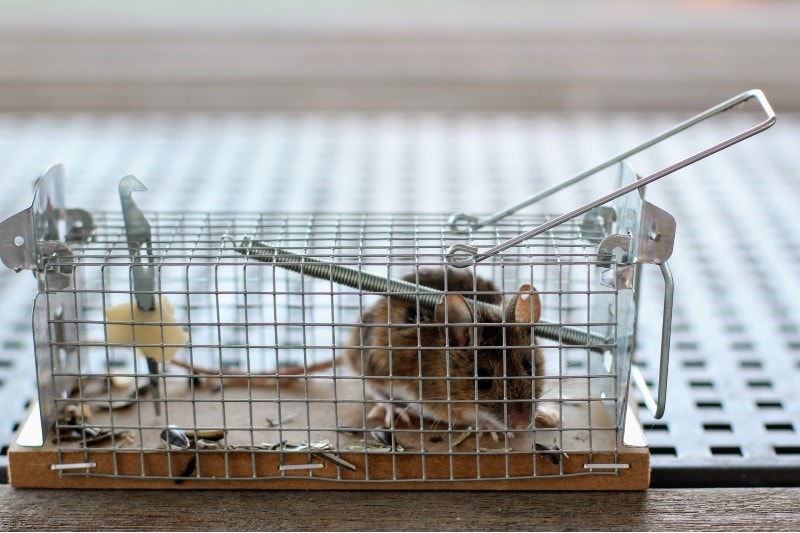
What are the Potential Risks of Rats?
Leptospirosis
This extremely serious bacterial infection is zoonotic, meaning it can cause people to get sick, even though it’s primarily spread by animals. Even handling items that a rat has urinated on can transmit this illness. The bacteria can live in soil and on some surfaces for exceptionally long periods, making it dangerous even after the rat is long gone.
Your cat can catch this infection from the rat, but you can also contract it from your cat if they get sick. In its final stages, Leptospirosis can cause meningitis, kidney failure, and liver failure, leading to death.
Toxoplasmosis
This parasite can be passed from a rat to your cat and you. This infection can be dangerous for humans, and it is considered to be one of the leading pathogenic or parasitic food-borne diseases that cause death in humans. It can be passed to the baby during pregnancy, leading to problems with the newborn, or, in many cases, issues later in life can develop, like mental disability and blindness.
Cats are often considered to be a primary vector of this parasite and killing and eating a rat can easily cause infection.
Parasitic Worm Infections
While there are a few parasites that pose a threat from rats, the most common is roundworms. Roundworms are zoonotic and have the potential to make humans and animals sick. They feed on nutrients in the intestines, decreasing the amount of nutrition being absorbed by their host. Symptoms can also include abdominal pain, intestinal blockages, and nutrient deficiencies, most commonly in children. Heavy worm loads can be difficult to fully resolve in both animals and humans.
Poisoning
As previously discussed, if a rat has consumed certain toxins, it can cause poisoning in your cat if consumed. This one has an extremely low risk to humans, but it can be deadly for your cat, depending on what and how much they ingest.
Conclusion
If your cat kills a rat, it likely won’t be of any real concern. You should always avoid handling wild rats with bare hands, and all surfaces the rat contacts should be thoroughly sterilized. If you don’t suspect the rat has consumed a poison, then the best course of action is to watch your cat for changes or symptoms of illness. If you notice any issues, make sure to get your cat to the vet as soon as possible. Sometimes, time makes all the difference in the chances of recovery.
Featured Image Credit: Meh Hikwa, Pixabay
